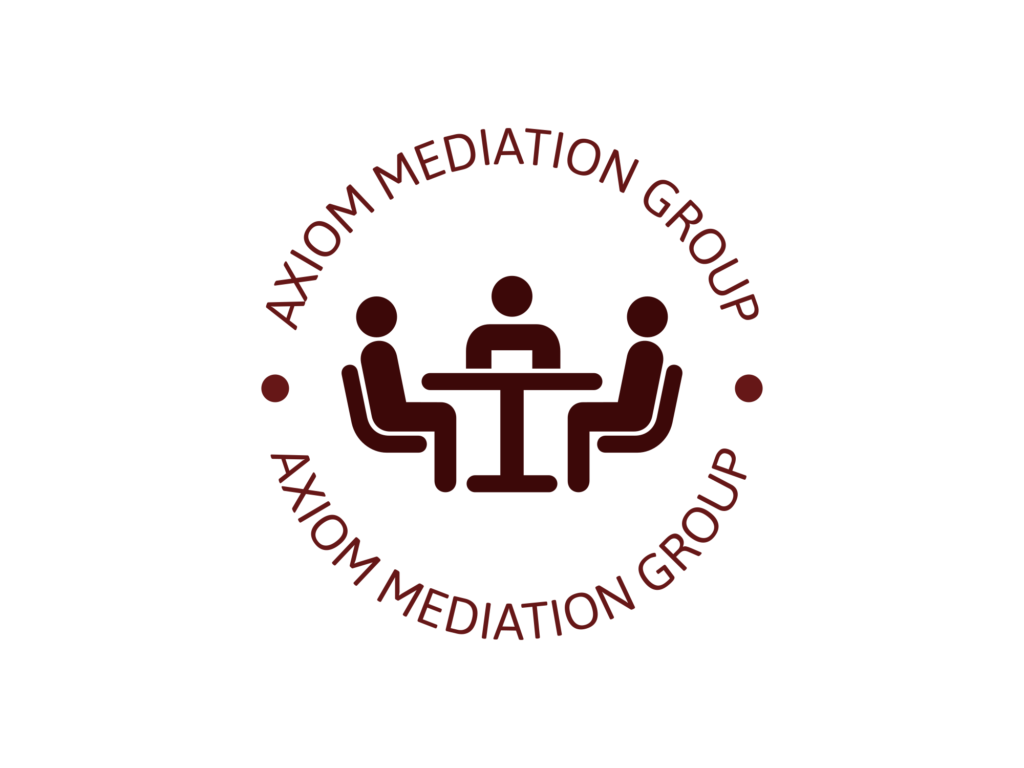Standards of Mediation
What is Mediation

Mediation means a process in which a mediator facilitates communication between the parties and, without deciding the issues or imposing a solution on the parties, enables them to understand and to reach a mutually agreeable resolution to their dispute. Mediation is a private process in which an impartial person, a mediator, encourages and facilitates communications between parties to a conflict and strives to promote reconciliation, settlement, or understanding. A mediator should not render a decision on the issues in dispute. The primary responsibility for the resolution of a dispute rests with the parties.
What is a Mediator
A “Mediator” is an impartial third party selected by agreement of the parties to a controversy to assist them in mediation
How Should The Mediator Conduct Himself?
A mediator should protect the integrity and confidentiality of the mediation process. The duty to protect the integrity and confidentiality of the mediation process commences with the first communication to the mediator, is continuous in nature, and does not terminate upon the conclusion of the mediation.
How Much Does Mediation Cost?
As early as practical, and before the mediation session begins, a mediator should explain all fees and other expenses to be charged for the mediation. A mediator should not charge a contingent fee or a fee based upon the outcome of the mediation. In appropriate cases, a mediator should perform mediation services at a reduced fee or without compensation.
What Are The Mediator's Qualifications?
A mediator should inform the participants of the mediator’s qualifications and experience.
What Is The Mediation Process?
A mediator should inform and discuss with the participants the rules and procedures pertaining to the mediation process.
What Are The Rules Of Confidentiality In Mediation?
The rules of confidentiality are going to be defined by the law of the jurisdiction applicable to the mediation and the agreement of the parties which should be set out in the mediation agreement. A mediator should not reveal information made available in the mediation process, which information is privileged and confidential, unless the affected parties agree otherwise or as may be required by law.
In the Commonwealth of Virginia, Confidentiality is set out in the Code of Virginia – § 8.01-581.22. Confidentiality; exceptions.
All memoranda, work products and other materials contained in the case files of a mediator or mediation program are confidential. Any communication made in or in connection with the mediation, which relates to the controversy being mediated, including screening, intake, and scheduling a mediation, whether made to the mediator, mediation program staff, to a party, or to any other person, is confidential. However, a written mediated agreement signed by the parties shall not be confidential, unless the parties otherwise agree in writing.Confidential materials and communications are not subject to disclosure in discovery or in any judicial or administrative proceeding except (i) where all parties to the mediation agree, in writing, to waive the confidentiality, (ii) in a subsequent action between the mediator or mediation program and a party to the mediation for damages arising out of the mediation, (iii) statements, memoranda, materials and other tangible evidence, otherwise subject to discovery, which were not prepared specifically for use in and actually used in the mediation, (iv) where a threat to inflict bodily injury is made, (v) where communications are intentionally used to plan, attempt to commit, or commit a crime or conceal an ongoing crime, (vi) where an ethics complaint is made against the mediator by a party to the mediation to the extent necessary for the complainant to prove misconduct and the mediator to defend against such complaint, (vii) where communications are sought or offered to prove or disprove a claim or complaint of misconduct or malpractice filed against a party’s legal representative based on conduct occurring during a mediation, (viii) where communications are sought or offered to prove or disprove any of the grounds listed in § 8.01-581.26 in a proceeding to vacate a mediated agreement, or (ix) as provided by law or rule. The use of attorney work product in a mediation shall not result in a waiver of the attorney work product privilege.
Should The Mediator Be Impartial?
A mediator should be impartial toward all parties.
Should The Parties Disclose and Exchange Information?
A mediator should encourage the disclosure of information and should assist the parties in considering the benefits, risks, and the alternatives available to them.
The Mediator Is Not Your Attorney And Should Not Provide Professional Or Legal Advice.
A mediator should not give legal or other professional advice to the parties.
Termination of Mediation Session.
A mediator should postpone, recess, or terminate the mediation process if it is apparent to the mediator that the case is inappropriate for mediation or more of the parties is unwilling or unable to participate meaningfully in the mediation process.
Agreements Should Be Reduced To Writing.
A mediator should encourage the parties to reduce all settlement agreements to writing.
Axiom Mediation Group
105 S 1st Street, Suite A
Richmond, Virginia 23219

